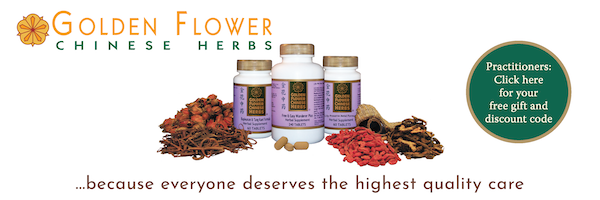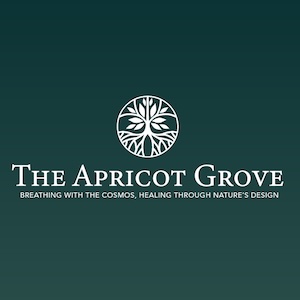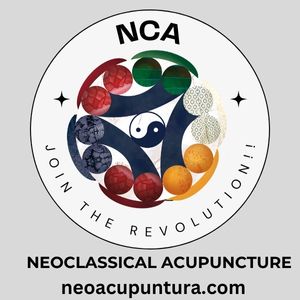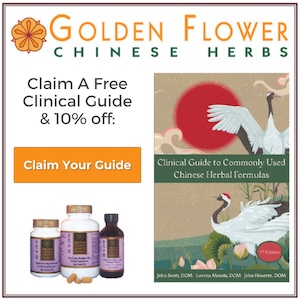Wind isn’t just a breeze, it’s also an agent of change. Not metaphorical change—but literal, seasonal, even cosmological change that moves through bodies, weather, and even geopolitics. The energies of nature are not only magnificent forces that sculpt landscapes. But also unfold within us as a kind of inner weather.
In this conversation with Christine Cannon, we continue our exploration of the celestial influences that shape our lives—not just in theory, but how these influences manifest in the world around us, and in the clinic. Christine draws from the rhythms of the Five Movements and Six Qi to trace how this year’s inadequate metal has influenced the first part of the year, and what to expect in the next portion of the year..
Listen into this discussion as we explore the implications of excess fire and runaway wood, the potential “revenge” of water, and the subtle influence of seasonal delay. We’ll also explore the partnership between Imperial and Ministerial fire in bringing ideas from the still void of inspiration into manifest reality. The Shaoyin and Shaoyang—there’s a reason for why they’re both considered to be pivots.
In This Conversation We Discuss:
- The difference in energetic tempo between Dragon and Snake years.
- The effects of inadequate metal on seasonal timing and emotional tone.
- How Shaoyang (fire) and Jueyin (wind) can create chaotic or catalytic change.
- Expressions of Taiyang cold lingering into the warming months.
- How inadequate qi delays seasonal transitions and affects patient expression.
- The role of Five Period Qi and how excess or deficiency shifts the year’s tone.
- The “revenge qi” cycle—how overacting elements can trigger rebalancing forces.
- Practitioner cultivation—maintaining equanimity in politically polarized times.
- Imperial vs. Ministerial fire: how vision becomes manifest in the world.
- Emotional dynamics of fire and water—fear as the natural counter to overexcitement.
- Clinical strategies for regulating heat, wind, and reactivity in summer.
- The value of impartial observation and the discipline of not reacting.
Stay present, keep it simple / less is more, meet people where they are, and cultivate humility.
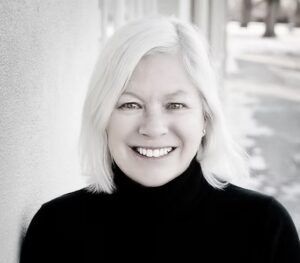 Christine Cannon, DAOM, L.Ac
Christine Cannon, DAOM, L.Ac
I have been in clinical practice for going on 32 years. During this time I have worked with and coached thousands of patients to improve their health and wellbeing using acupuncture, East Asian herbal medicine, and diet and lifestyles. I would consider myself a general practitioner, although my strength and experience is heavily weighted on herbal medicine – my first love – and women’s health.
I have taught in some capacity for the majority of that time and as I gained more clinical experience, I progressed to teaching diagnosis and differentiation, internal medicine, gynecology and provided clinical supervision, which I loved, for master’s and professional doctorate programs, while also providing continuing education courses both in-person and online.
For the past 5 years I have been engaged in a deep dive into the WuYun LiuQi from the Huang Di nei Jing su wen, which is providing me with insight into the qi influences of any given year can impact ourselves and our patients on all levels.
I have completed two clinical internships in China and completed my clinical doctorate in acupuncture and Oriental medicine (DAOM) from the California Institute of Integral Studies in 2015. I continue to teach, coach and mentor my patients, students and practitioners of acupuncture and East Asian herbal medicine in the US and internationally.
Links and Resources
Visit Christine at her clinic website, or the Acupuncture and Herbal Medicine Resource Center for her classes, books and blog.
She’s also on Instagram at montroseacupuncture and acuherbalresourcecenter.








